
The BeMed + project is making great strides in Tunisia. Supported locally by the Notre Grand Bleu (NGB) association and nationally by the International Union for Conservation of Nature (IUCN), it aims to reduce the plastic pollution threatening the Monastir coastline.
Since March 2024, two Masters’ students from the University of Sousse have been working hand in hand with NGB and IUCN with the mission of carrying out a socio-economic analysis in two sectors particularly affected: waste management and HoReCa (hotels, restaurants, cafés). The goal is to quantify the real costs and expected benefits of a transition to alternatives to plastic. Their conclusions, expected shortly, will inform the development of concrete future action plans for the region.
At the same time, a study has been carried out by the RE-SWEEP consultancy to identify critical points of plastic leakage in Monastir. These were geolocated using qualitative and quantitative data collection and geographic information systems (GIS), and the main problem sites were identified.
Initial analyses have identified several factors explaining the difficulties in implementing effective actions in the sectors targeted, namely waste management and HoReCa, including sports.
The study highlighted major shortcomings in municipal infrastructure and gaps in strategic waste management planning, but also the essential role of informal collectors in the local system. Recognising these collectors and integrating them into future actions is identified as an important lever for improving plastic waste management.
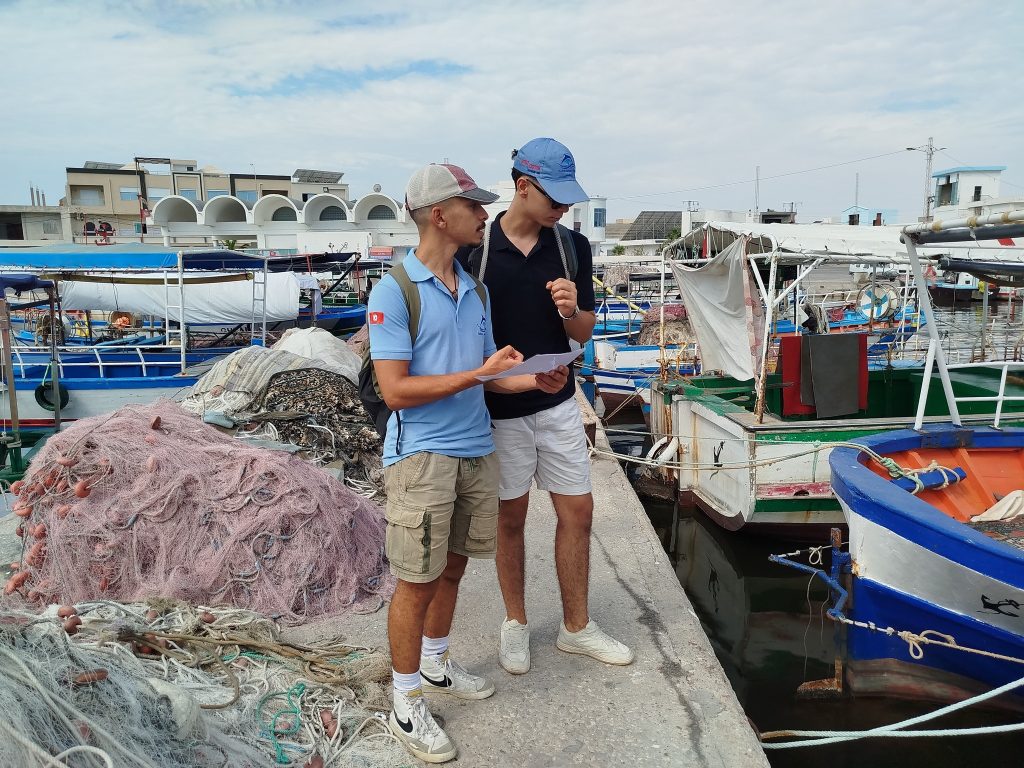
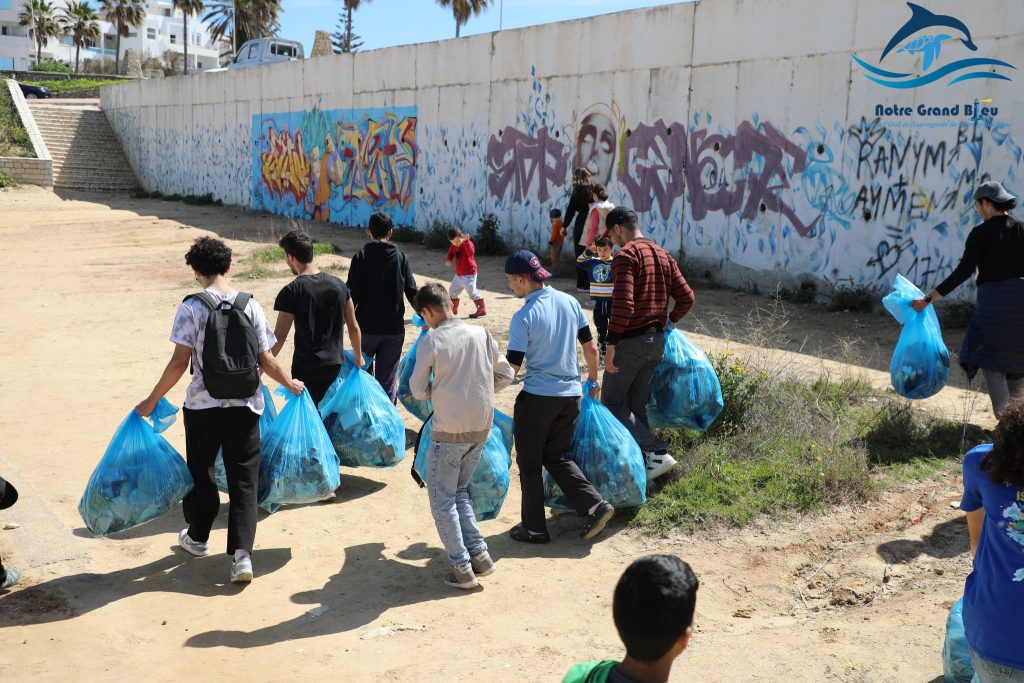
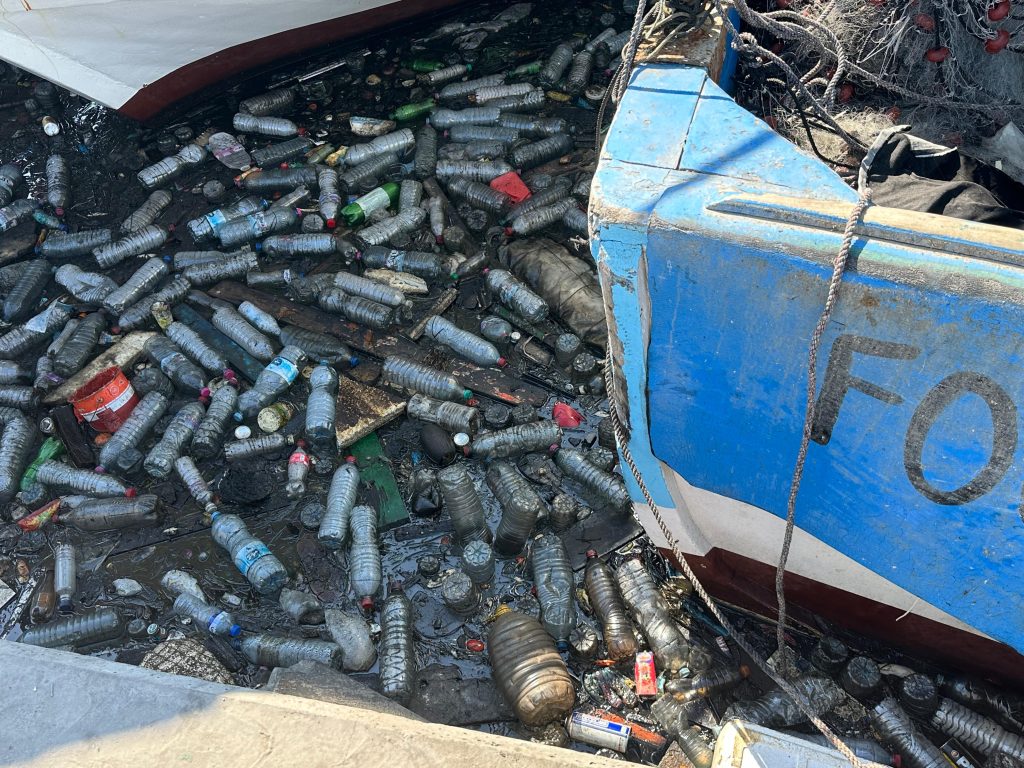
The results of this mapping exercise have already been presented at a webinar attended by a wide range of stakeholders: public institutions, researchers, representatives of the tourism sector, national associations and even an international organisation active in waste management.
The Municipality of Monastir has confirmed its interest in the next steps.
The next workshop in Monastir, scheduled at the end of October 2025, will be a decisive moment to bring together all public, private and associative stakeholders to finalise a collective action plan and a waste monitoring system.
Local partners are demonstrating a strong commitment to the project and consider BeMed+ to be a decisive step towards improving environmental management and governance in Monastir.
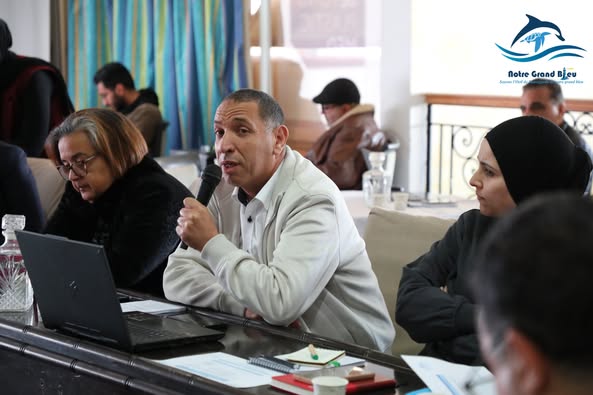
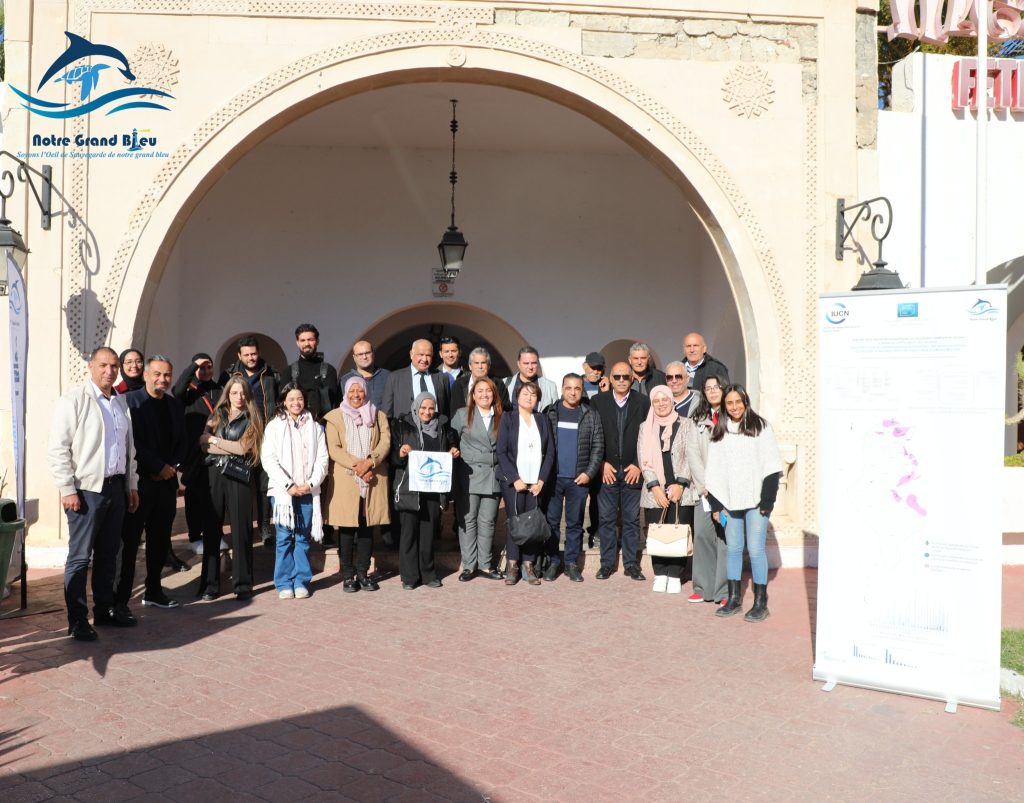
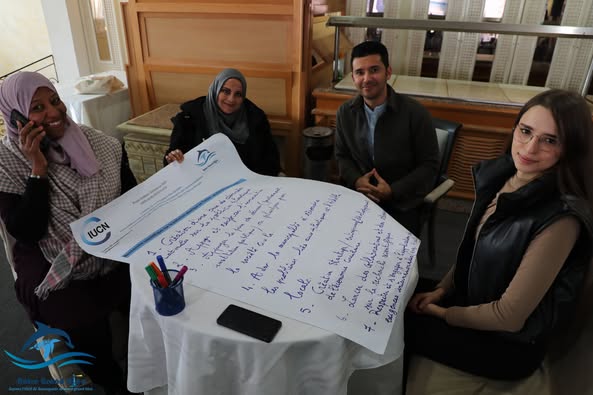
The BeMed+ project benefits from the generous support of the Fonds Français pour l’Environnement Mondial (FFEM), the Aether Fund of the Foundation for Future Generations, the Prince Albert II of Monaco Foundation, the Didier and Martine Primat Foundation, the Audemars-Watkins Foundation, the Spanish Ministry for Ecological Transition and the Demographic Challenge (MITECO) and the France-IUCN Partnership.